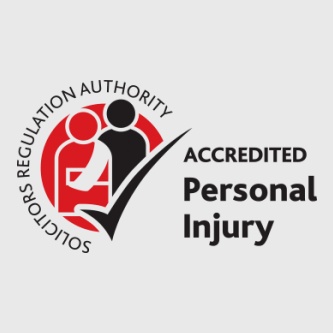Concerned about liability, fault or being partly to blame for an accident?
We specialise in difficult liability cases
The cause of an accident isn’t always obvious. So, if you or someone you care for has been involved in one, it’s understandable to ask yourself who was to blame. You may wonder if something you did or didn’t do makes you partly responsible. You might even blame yourself completely.
It’s a common feeling. Many people are too scared to seek compensation for their injuries, simply because they believe that a mistake means they can’t seek legal advice; perhaps they were speeding, not paying attention, or had forgotten to put on safety equipment.
Added to the pain of injury, this often leaves people feeling helpless or uncertain about the future. They need help, but think that they may not be entitled to it.
If you feel the same way, Serious Injury Law can help you make a claim.
With over 33 years of experience in dealing with complex accident cases and difficult liability situations, we’ve acted for many hundreds of clients who didn’t think that they had a case, until they spoke to us. In most cases, we secured the substantial compensation our clients needed to help them recover.
We can do the same for you. Talk to our expert solicitors today for reassuring advice. We’re here to help you.









